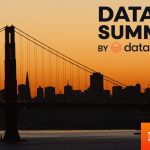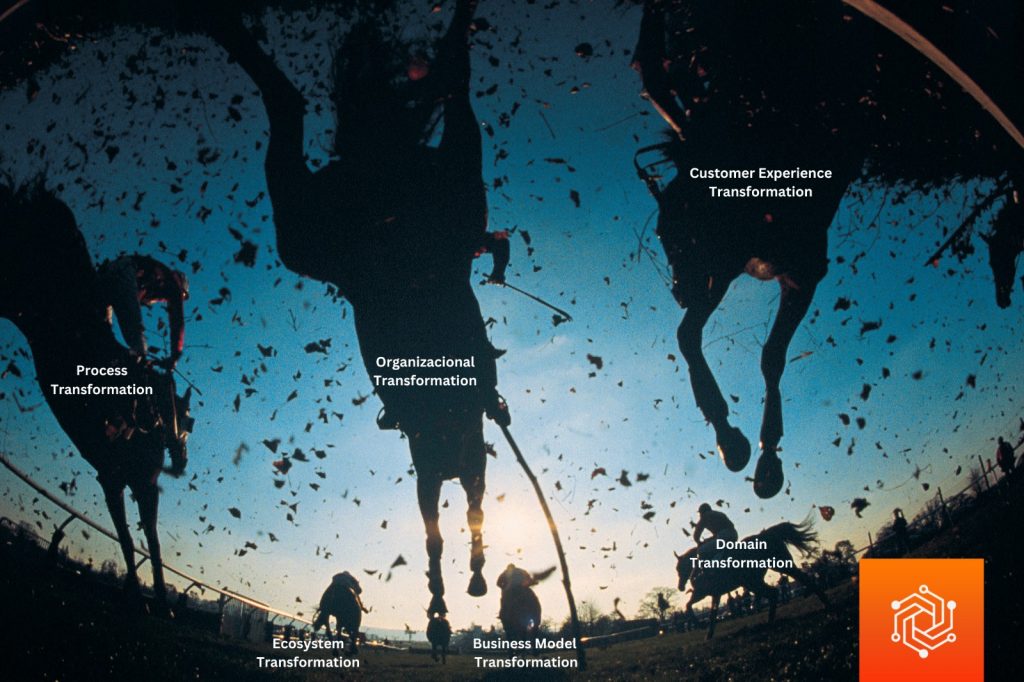News

Data + AI Strategy: Focus on the Platform
In recent years, the observation that “software is eating the world” has profoundly shaped the modern tech industry. Today, software permeates every area of our lives, from the watches we wear to our homes, cars, factories, and farms. At Artycs, we believe that soon, artificial intelligence (AI) will dominate all this software. That is, the software built over the past decades will be intelligent, using data much more efficiently and intelligently. The implications are vast and varied, impacting everything from customer support to critical areas such as healthcare and education.
In this article, we explore how AI is revolutionizing data platforms, transforming not just their functionality but their very essence. We argue that the impact of AI on data platforms will not be incremental but fundamental. We are witnessing the rise of a new generation of systems: Data Intelligence Platforms.
Data Platforms So Far and Their Challenges
The early decades of enterprise data systems were marked by the emergence of data warehouses in the 1980s, providing a solution for organizing structured data. However, with the advent of new use cases that demand unstructured data and the need to support AI applications, data lakes emerged in the 2010s. These scalable systems paved the way for handling any type of data, but the dual approach of warehouses and lakes brought significant challenges in governance, security, and management.
The lakehouse concept allows for the storage and governance of all data in open formats, natively supporting workloads ranging from Business Intelligence (BI) to AI. For the first time, companies could (1) query data sources in a unified manner and (2) govern all data-using processes cohesively. The lakehouse concept has become its own category and is widely adopted in large corporations and integrated into the stacks of various vendors.
Despite the advances, data platforms face significant challenges:
- Technical Skill Barrier: Querying data requires specialized skills in SQL, Python, or BI, creating a steep learning curve.
- Data Accuracy and Curation: In large organizations, finding accurate and correct data is a challenge that requires extensive curation.
- Management Complexity: Data platforms can become costly and suffer from poor performance if not managed by highly technical personnel.
- Governance and Privacy: Governance requirements are constantly evolving, and with AI, concerns around security and privacy are amplified.
The Core Idea of Data Intelligence Platforms
Data Intelligence Platforms revolutionize data management by using AI models to deeply understand the semantics of enterprise data – what we call data intelligence. They build on the lakehouse concept, expanding its capabilities by automatically analyzing both the data (content and metadata) and its usage (queries, reports, lineage, etc.). Through this deep understanding, Data Intelligence Platforms enable:
- Natural Language Access: Using AI models, these platforms allow working with data in natural language, adapted to each organization’s jargon and acronyms.
- Semantic Cataloging and Discovery: Generative AI can understand the data model, metrics, and KPIs of each organization, offering unprecedented discovery features or automatically identifying discrepancies in data usage.
- Automated Management and Optimization: AI models can optimize data layout, partitioning, and indexing based on data usage, reducing the need for manual tuning.
- Enhanced Governance and Privacy: Data Intelligence Platforms can automatically detect, classify, and prevent the misuse of sensitive data, simplifying management through natural language.
- Advanced Support for AI Workloads: These platforms can enhance any enterprise AI application by connecting it to relevant business data and leveraging the learned semantics for accurate results.
We believe that AI will transform all software, and data platforms are among the most promising areas for AI-driven innovation. Data Intelligence Platforms are shaping this new landscape by directly addressing the challenges of making data more accessible, easier to manage, and govern. Their deep understanding of data and its usage will be fundamental to future enterprise AI applications. As AI reshapes the software world, we believe that the leading companies in every sector will be those that deeply leverage data and AI to drive their organizations. Data Intelligence Platforms will be cornerstones for these companies, enabling them to create the next generation of data and AI applications with quality, speed, and agility.
This article provides a comprehensive overview of how Data Intelligence Platforms are redefining the future of enterprise data management, driven by artificial intelligence. As we move into an increasingly digital and data-driven era, understanding these transformations will be crucial for any organization seeking to remain competitive and innovative.
Artycs can help clients leverage the advantages of Data Intelligence Platforms by offering specialized integration and implementation solutions. Contact us to learn more about how our experienced team can customize and optimize the adoption of platforms like Databricks, enabling companies to understand and use their data more efficiently. With dedicated consulting services and continuous support, we ensure that our clients stay at the forefront of the AI revolution, transforming their business processes with robust, future-oriented solutions.
See the latest news here
Maximize Efficiency and Reduce Costs with AI Agents
ServiceNow, a leader in digital transformation with AI, recently announced… Continuar lendo Maximize Efficiency and Reduce Costs with AI Agents
Business Leaders and the Use of AI Platforms for Digital Transformation
Digital transformation driven by Generative AI (GenAI) is shaping how… Continuar lendo Business Leaders and the Use of AI Platforms for Digital Transformation
Intelligent Automation and Observability in Multicloud Environments
The growing adoption of multicloud environments by companies has brought… Continuar lendo Intelligent Automation and Observability in Multicloud Environments
ServiceNow Summit 2024 in São Paulo: Digital Transformation and Innovation in Focus
On August 28, 2024, São Paulo hosted the ServiceNow Summit 2024,… Continuar lendo ServiceNow Summit 2024 in São Paulo: Digital Transformation and Innovation in Focus
Automating Success: Exploring RPA in ServiceNow
Process automation has become a key component in the strategy… Continuar lendo Automating Success: Exploring RPA in ServiceNow
Innovation Beyond Expectations: How Generative AI is Shaping the Future of Customer Service for Generations X and Y
In recent years, artificial intelligence (AI) has revolutionized various sectors,… Continuar lendo Innovation Beyond Expectations: How Generative AI is Shaping the Future of Customer Service for Generations X and Y
Data + AI Strategy: Platform Focus
The key to good artificial intelligence (AI) is having great… Continuar lendo Data + AI Strategy: Platform Focus
Data + AI Strategy: Focus on the Platform
In recent years, the observation that “software is eating the… Continuar lendo Data + AI Strategy: Focus on the Platform












